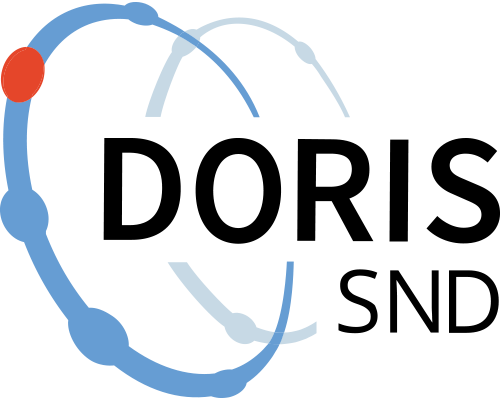SEAD - The Strategic Environmental Archaeology Database
SEAD is an open access multiproxy environmental archaeology and palaeoecology database and software development project. The database contains the raw data from the scientific analysis of archaeological, Quaternary geological and related investigations, mainly from Sweden and Europe, but also to a lesser extent from outside of the EU. The raw data include counts of plant macrofossils, fossil insects and pollen along with geoarchaeological measurements and ceramic analyses. Dating methods stored range from calendar or coinage records, through radiocarbon (14C) and dendrochronology, to broad period definitions. SEAD is built around a flexible modular architecture and can be expanded to cope with any related material. Online/offline interfaces for data entry and extraction are available, including the advanced low level aggregation of data from multiple sites. The project is part of an international network of palaeoecology databases, and includes a large amount of modern reference, calibration and ecological data to aid interpretation.
Purpose:
The primary purposes of SEAD is the dissemination of scientific data from archaeological and palaeoenvironmental investigations. This includes the online publication of grey literature and its associated data (especially from the National Environmental Archaeology Lab in Umeå, Ceramics and Dendrochonology Labs in Lund) as well as databases previously not available online. SEAD also aims to provide powerful interrogation and analysis tools which allow users to identify trends and relationships through a multiple and broad range of datasets for looking at multi-scale environmental and climate change and human impact. SEAD also integrates modern ecology with the fossil data and provides a comprehensive bibliography, methods reference and site metadata.
Go to data source
Opens in a new tabhttp://sead.se/
Citation and access
Citation and access
Data access level:
Creator/Principal investigator(s):
- Philip Buckland - Umeå University - Environmental Archaeology Laboratory, Department of historical, philosophical and religious studies
- Erik J Eriksson - Umeå University - Environmental Archaeology Laboratory, Department of historical, philosophical and religious studies
- Karin Viklund - Umeå University - Environmental Archaeology Laboratory, Department of historical, philosophical and religious studies
- Johan Linderholm - Umeå University - Environmental Archaeology Laboratory, Department of historical, philosophical and religious studies
- Patrik Svensson - Umeå University - HUMlab
Research principal:
Data contains personal data:
No
